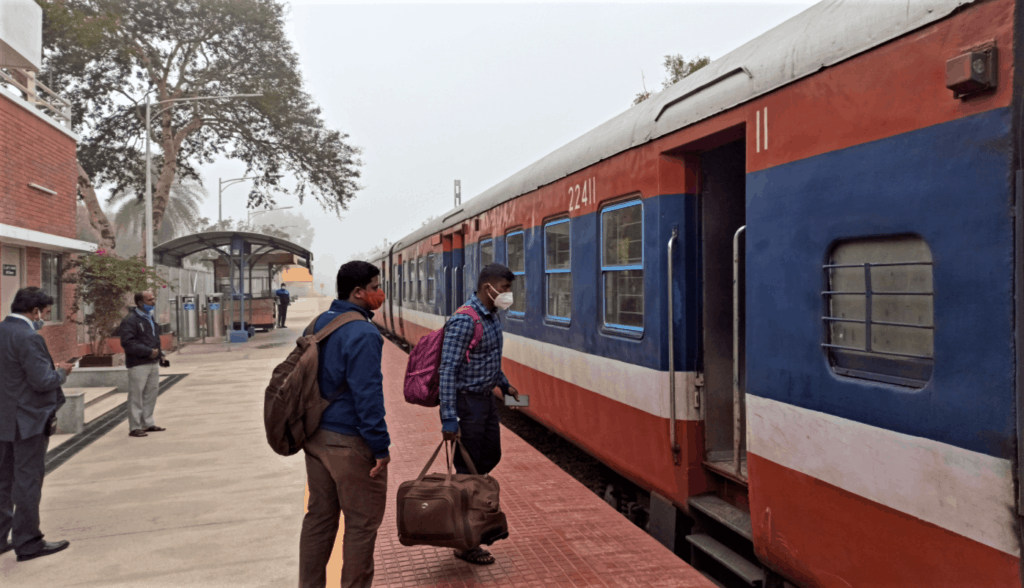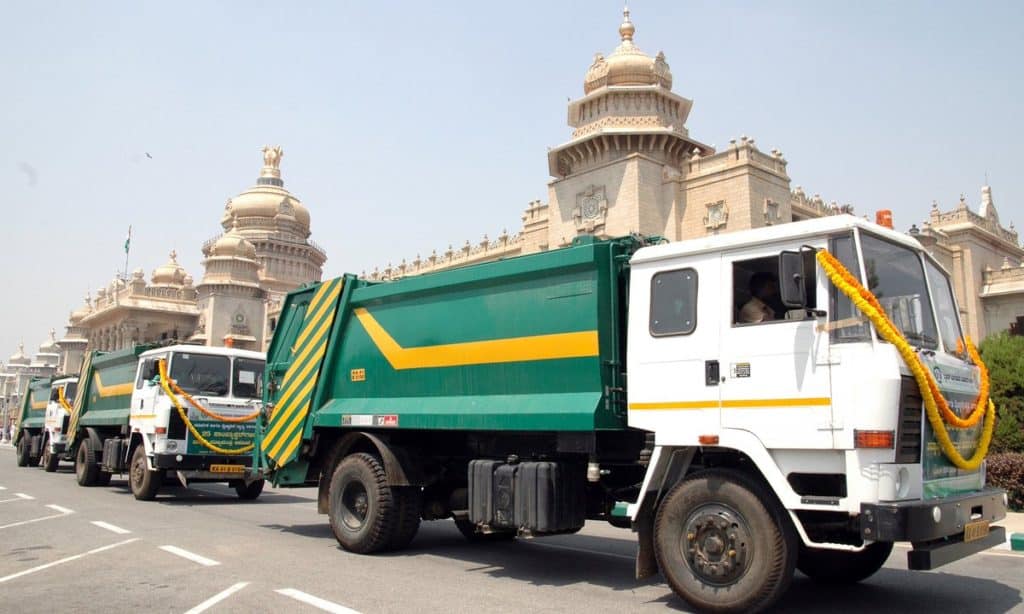The Karnataka Budget for 2023-24, presented by Chief Minister Basavaraj Bommai, primarily focuses on the comprehensive development of Bengaluru, combatting traffic congestion, tackling floods, managing waste disposal, developing the sub-urban railway project, and providing affordable healthcare services.
Bommai had earlier said that his government’s top priorities are education, employment and empowerment and that he was committed to easing traffic in the city. These aspects were highlighted in the budget.
Economic revival
In his budget speech, the Chief Minister stressed that the state’s economy has “recovered beyond pre-COVID level” as per the 2021-2022 numbers by the National Statistical Office. Quoting the Directorate of Economics and Statistics, Bommai also flagged that the state recorded a growth of 7.9% in 2022-2023.
With a budgetary outlay of Rs 3,03,910 crore, Bommai has allocated Rs 39,031crore for agriculture and allied activities, Rs 80,318 crore for welfare and inclusive growth, and has earmarked an ambitious Rs 9,698 for the Comprehensive Development of Bengaluru.
Roads and reconstruction
Ahead of the Karnataka Assembly polls, the CM mentioned that the state government is prioritising the “quality of lives of the people in Bengaluru city by ensuring seamless mobility, developing roads, prevention of floods by developing storm water drains and designing scientific and efficient waste management systems.”
In the spirit of this, Rs 6,000 crore, under the Amrutha Nagarothana Scheme, has been allocated for the implementation of work in the city. This includes the development of 108 kilometre of roads, at the cost of Rs 273 crore, under the High Density Corridors scheme.
For better flood management and control, Rs 1,813 crore has been announced for 195 kilometres of drains/culverts. For flood control, the Budget mentions a Rs 3,000 crore project that will oversee the installation of sluice gates in all tanks to control the speed and quantity of flow of water. This project has received assistance from the World Bank to “mitigate the ill effects of climate change and control floods in Bengaluru.”
To ease traffic, the government has identified 75 high-traffic or congested junctions across the city, which will be developed at a cost of Rs 150 crore. Further, a 5 kilometre elevated road from Tin Factory to Medahalli is proposed to reduce traffic congestion. The white topping exercise for 120 kilometres of arterial roads and 300 kilometres of sub-arterial roads will be carried out at an expense of Rs 1, 450 crore in total.
Read more: Sankey road widening: A project that doesn’t die
Allocations for mass transit
As of now, 56 kilometres of the BMRCL are operational. During the budget, Bommai highlighted that the stretch connecting the Central Silk Board Junction to Kempegowda International airport, spanning a length of 58.19 kilometres, has been fast tracked. The current year is expected to see 40.15 kilometres of this length being operational.
The third phase of the Metro, which was proposed in the 2022-23 budget, has seen the submission of Detailed Project Reports for two corridors of 44.65 kilometre length to the Centre. The project is estimated to cost Rs 16,328 crore.

The first phase of the Bengaluru suburban Railway project is underway and is expected to be completed in 2024-25; Rs 1,000 crore will be disbursed by the state for the same this year, in addition to the Rs 350 crore grant from the Centre. At Rs 860 crore, a work order has been issued for the suburban rail between Chikkabanavara and Byappanahalli Corridor-2.
Not enough for BMTC
A press release by the Bengaluru Bus Prayanikara Vedike states that the budgetary allocation of Rs 500 crores for 1, 200 buses operated by four Road Transport Corporations is not adequate. “We had demanded 3,000 buses for BMTC alone,” the release says, as opposed to the current Rs 300 crore that has been allocated.
Water and waste management
Bengaluru Water Supply and Sewerage Board (BWSSB) is slated to receive Rs 200 crore financial assistance to provide potable water for 110 villages coming under the purview of the BBMP. Four new effluent treatment plants, with a total capacity of 440 million litres per day (MLD), will be set up at the cost of Rs 1,200 crores under the Mega City Revolving Fund.

For efficient waste collection in the city, auto tippers and compactors that can collect dry and wet waste in the same vehicle will be operationalised. “A modern technology-based odourless waste processing unit will be established in each ward” the budget mentions. The government intends to focus on the local processing of waste by mandating the producers of the large quantity of waste, including commercial complexes, hospitals and hotels to process the waste at the source.
Health, education and sanitation
For decentralised and affordable delivery of public health centres, Namma Clinics in 243 wards and 27 Smart Virtual Clinics were approved in the year 2022-23. 50 dialysis beds and 300 bedded super speciality facilities have been established.
On the education front, BBMP schools will be developed, at a cost of Rs 180 crore, under the Amrutha Nagarothana Scheme, with 2023 as the deadline for the work. Under the Nirbhaya scheme, 4,100 cameras have already been installed in 1,640 places. This will be completed this year with a grant of Rs 261 crore.
In heavily populated markets and mega commercial complexes 250 ‘She Toilets’ for women will be constructed at a cost of Rs 50 crore. The complexes will boast state-of-the-art designs that include toilets, feeding rooms, mobile charging, emergency SOS services etc.
Also read:
- Why BBMP is caught in a vicious cycle of low municipal revenue
- 5-rupee breakfast, 10-rupee lunch: How Indira canteens are managing despite slashed budget
- Audit report: BBMP, other Urban Local Bodies powerless and cash-strapped